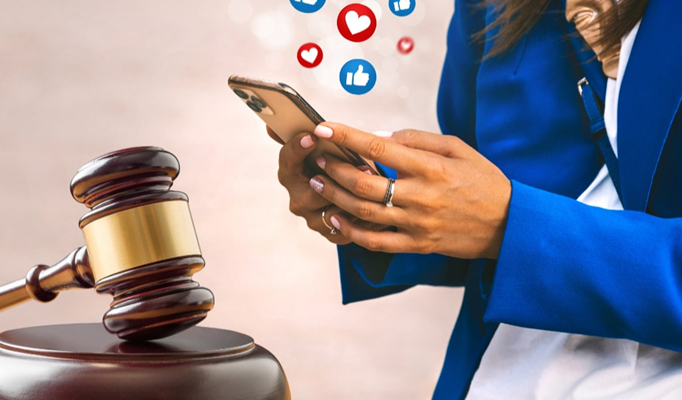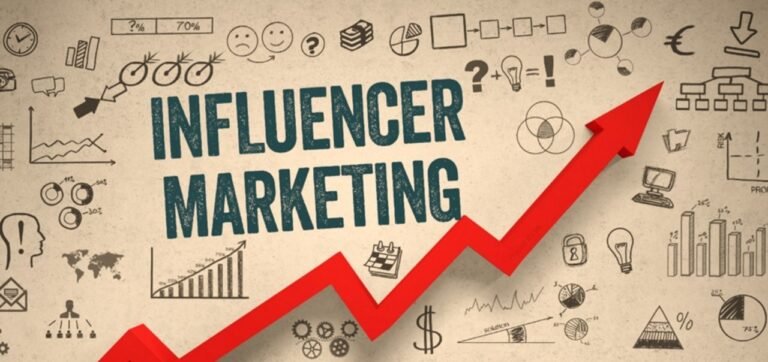
Social media has transformed how people connect, share information, and conduct business. Platforms like instagram, tiktok, facebook, and X (formerly Twitter) are now integral to daily life, but their widespread use has also created new arenas for legal conflict. From online defamation to intellectual property battles, disputes born on social media are increasingly ending up in legal settings. As a result of this change, there is an increasing need for attorneys with expertise in overcoming the particular difficulties presented by the digital age. To see how legal professionals are shaping the future of online accountability, you can explore more here about their expanding role in social media disputes.
Disputes Regarding Reputation And Defamation
The viral nature of social media means that false statements can spread at lightning speed, sometimes reaching millions of people in just hours. For businesses, influencers, or individuals, a single damaging post can have lasting consequences. Lawyers are playing a larger role in addressing these disputes by helping clients identify defamatory content, file claims, and demand removal. They also negotiate settlements for reputational harm or pursue damages when false claims lead to measurable losses.
Intellectual Property Conflicts
Social media thrives on content sharing, but this culture often blurs the lines between fair use and copyright or trademark infringement. Creators frequently find their work reposted without credit, while businesses encounter counterfeit products advertised under their brand names. Lawyers specializing in intellectual property are increasingly called upon to file takedown requests, enforce copyright protections, and pursue legal action against infringers. Their involvement helps creators and companies maintain control over their work and brand identity in a fast-moving online environment.
Disputes Between Influencers And Brands
The rise of influencer marketing has opened the door to new kinds of contractual disputes. Partnerships between influencers and brands sometimes collapse when expectations around deliverables, compensation, or exclusivity aren’t met. When it comes to creating, examining, and implementing these agreements, attorneys are essential. They ensure that contracts outline clear terms and help resolve disputes when either party fails to meet their obligations. The demand for legal knowledge in the field is rising along with influencer marketing.
Privacy And Data Misuse
Concerns about privacy and personal data are at the forefront of many social media disputes. Cases arise when platforms, advertisers, or even other users mishandle personal information. Lawyers are increasingly representing clients whose private content has been shared without consent or whose data has been used in ways that violate privacy laws.
Online Harassment And Cyberbullying
The accessibility of social media has, unfortunately, created opportunities for harassment, bullying, and targeted campaigns against individuals. Victims often feel powerless against waves of abusive comments or coordinated attacks. Lawyers now play an important role in these cases by helping clients secure restraining orders, file harassment claims, or push platforms to enforce community guidelines more effectively. Their intervention provides legal avenues to combat online abuse and restore a sense of safety.
Political And Regulatory Disputes
Social media’s role in shaping public opinion has also led to disputes involving political campaigns and regulatory compliance. Campaigns must follow strict rules regarding advertising disclosures and funding transparency. Lawyers are increasingly engaged in ensuring compliance with these rules and defending campaigns accused of spreading misinformation or failing to disclose sponsored content. Their role here is essential in balancing free expression with legal and ethical obligations.
Employment-Related Conflicts
What employees post on social media can also create legal tension in the workplace. Disputes often arise over whether an employee’s online activity constitutes grounds for termination or whether such action violates labor protections. Lawyers step in to represent both employers and employees, clarifying rights and responsibilities in these complex situations.
Conclusion
As social media becomes ever more entwined with personal, professional, and political life, the number of disputes it generates will only increase. Lawyers are stepping into this expanding arena to resolve issues ranging from defamation and intellectual property conflicts to harassment and data misuse. Their role is growing not only because the disputes are more common but also because the stakes are higher—reputations, careers, and businesses can be built or broken in a matter of clicks.



